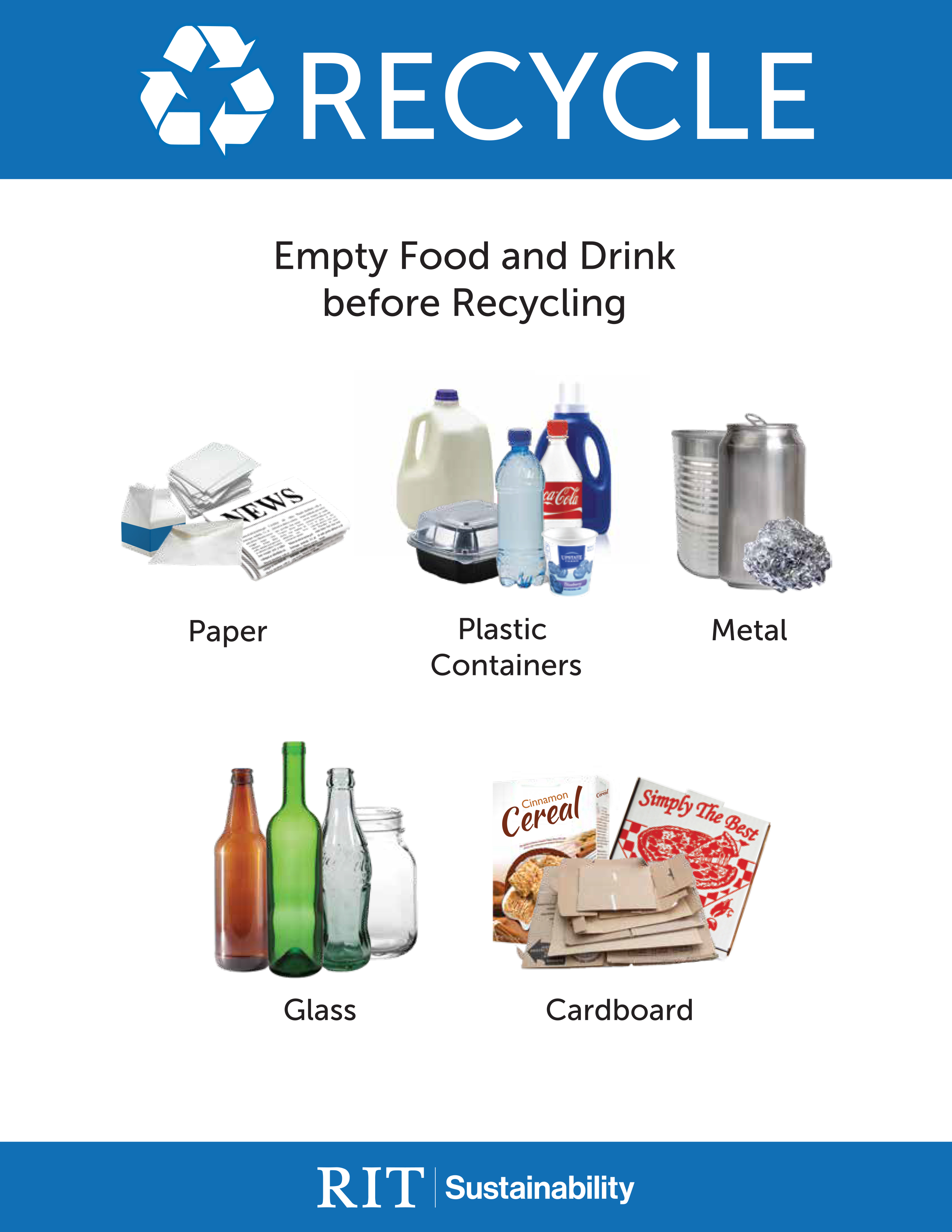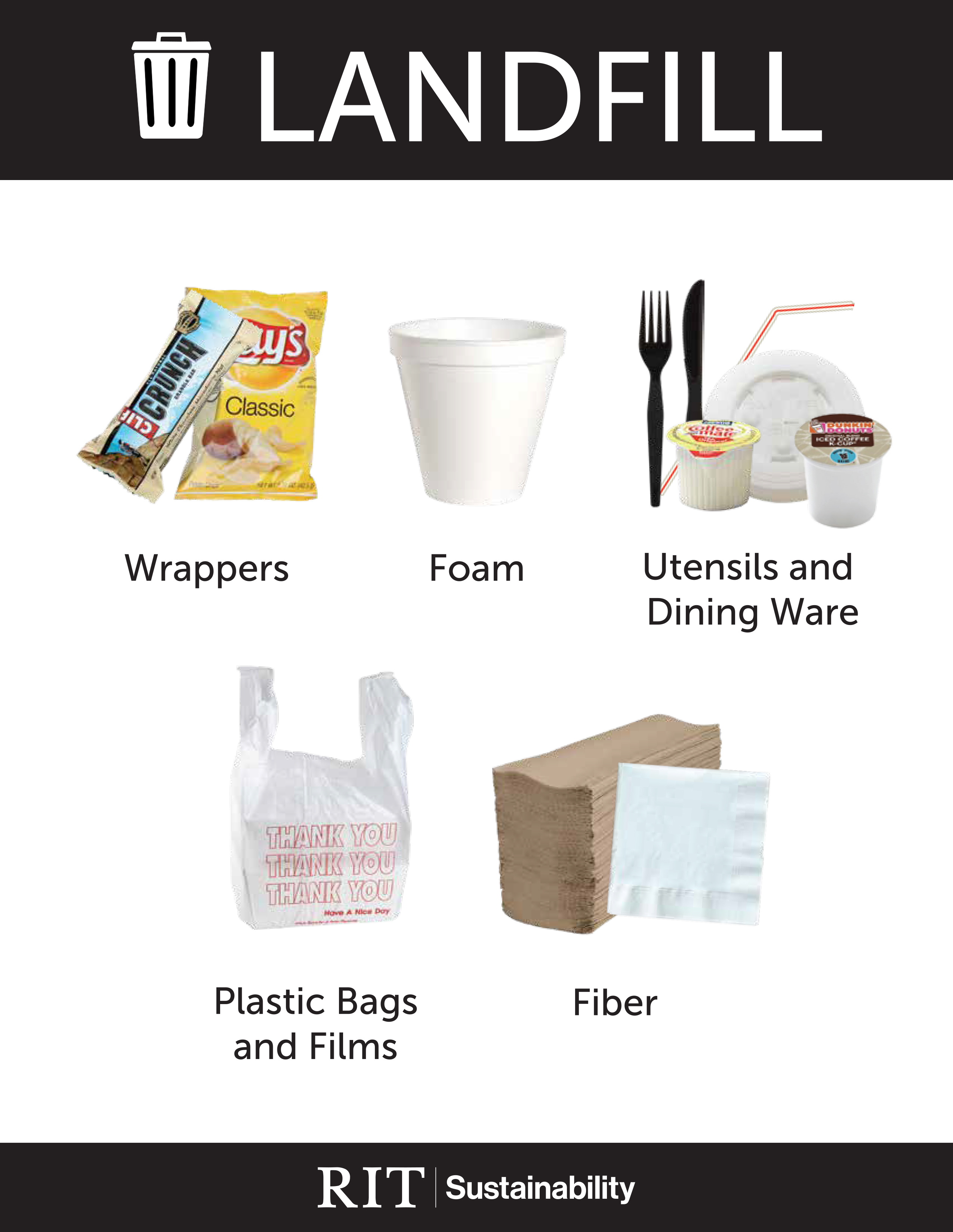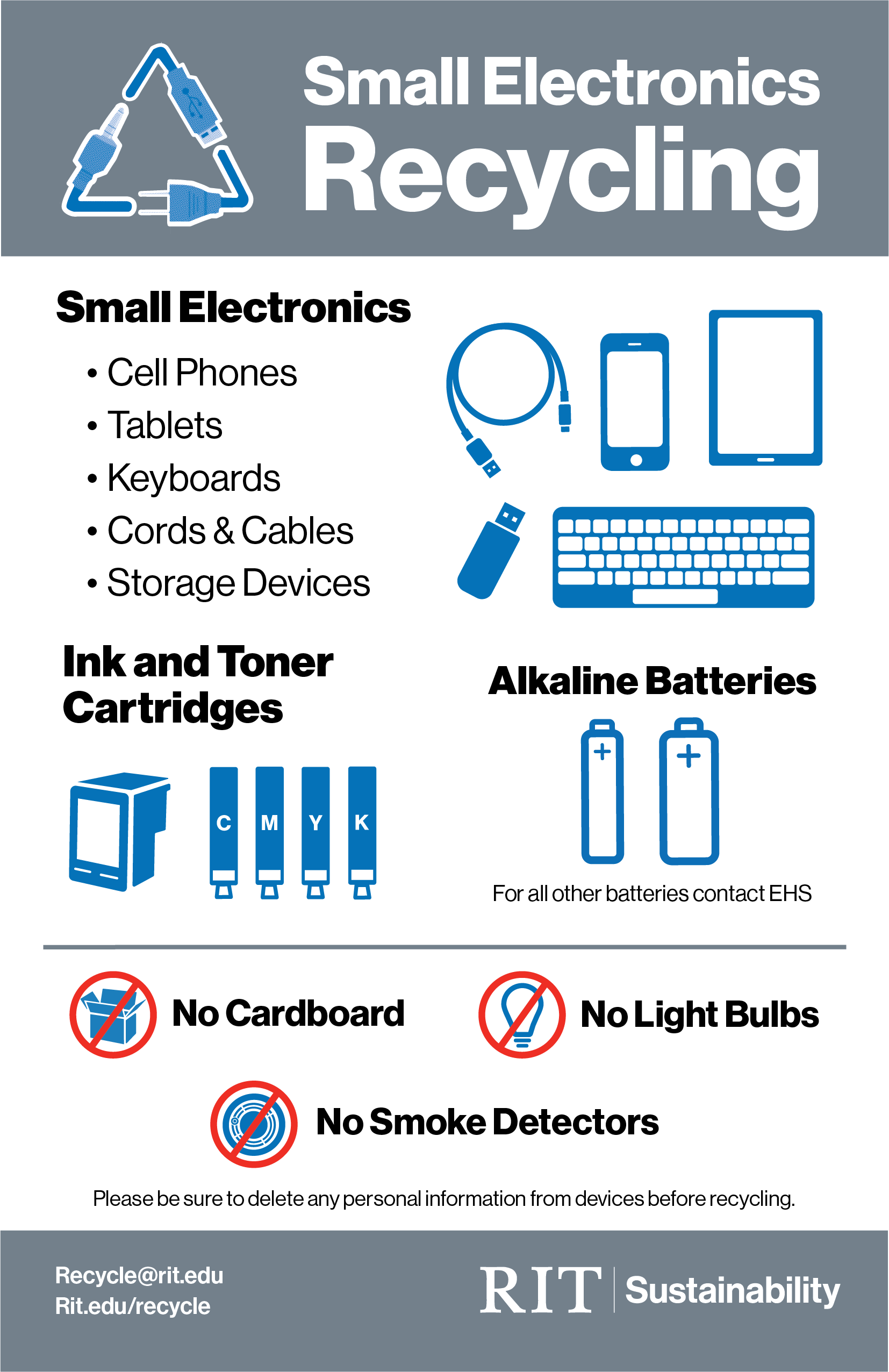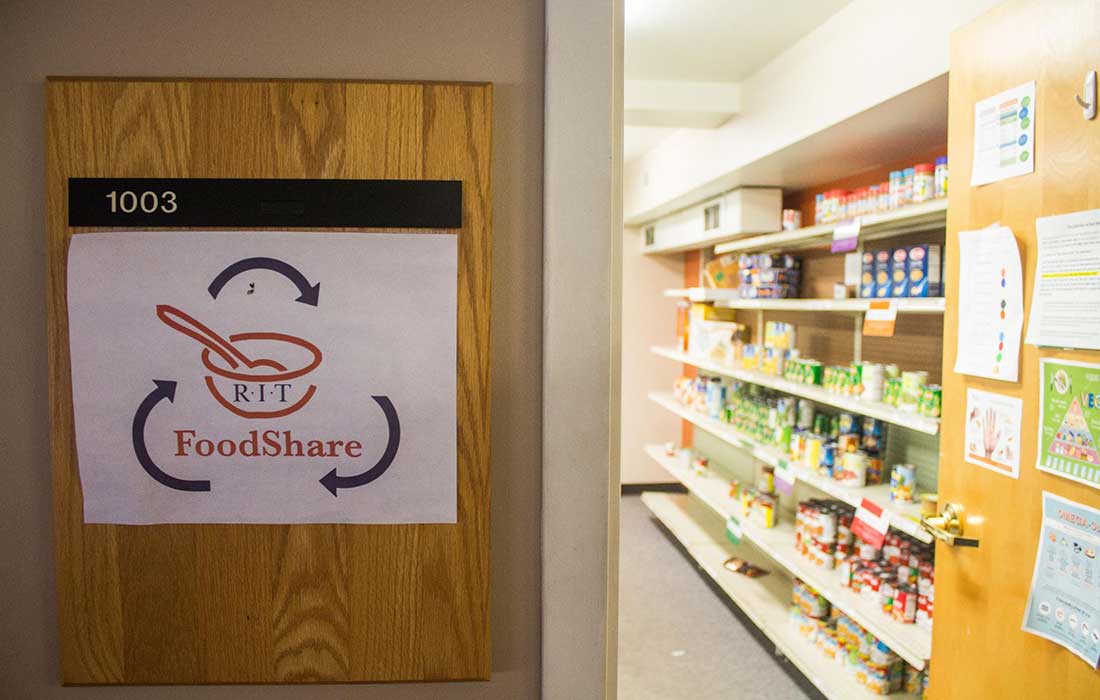Recycling and Waste
RIT is working hard to reduce the amount of waste generated on campus. The first step is to practice the 6 Rs: Refuse, Reduce, Reuse, Repair, Repurpose, Recycle.
Paper & Cardboard
- Gable Top (Milk and Juice) Cartons and Drink/Soup Boxes: remove and throw away plastic straws; reattach caps for recycling.
- Newspapers, Magazines, Catalogs, etc.
- Home Office Paper, Files, School Papers, etc.: shredded paper in brown paper bags only.
- Junk Mail, Advertisements and Brochures
- All Envelopes: window envelopes too!
- Corrugated Cardboard: flattened, (no waxed cardboard)
- Phone Directories and Soft-cover Books
- Paper Boxes—cereal, cracker, soda, tissue, shoe, gift, toy, etc.: flatten box and recycle any plastic liners at grocery store with other plastic bags.
- Pizza Boxes & Paper Egg Cartons: discard all contents and flatten.
Plastic Containers
- Bottles: beverage, soap, squeeze bottles, and spray bottles (reattach caps, pumps, and lids)
- Jugs: milk, laundry detergent, etc. (reattach caps)
- Jars: peanut butter, mayonnaise, sauce, etc. (reattach lids)
- Tubs: dairy products like sour cream, margarine, yogurt etc. (reattach lids)
- NO plastic bags, foam egg cartons, single-use plastics (coffee pods, straws, utensils, cups) or prescription bottles
Glass
- Glass Food and Beverage Bottles, Jugs and Jars: reattach and recycle lids and caps.
- No drinking glasses, window glass, pyrex, light bulbs, etc.
Metal
- Metal Food and Beverage Cans: lids are accepted.
- License Plates: defaced
- Metal Pots, Pans and Aluminum Foil/Foilware
- EMPTY Aerosol Cans: with caps. NO pesticides or spray paints (contact EHS for disposal instructions for these items).
The following items cannot be put in single-stream Recycling bins:
- Plastic bags (there is a plastic bag recycling bin located in the global village post office)
- Foam (i.e. Styrofoam©)
- Food or liquid waste
- Propane tanks (contact EHS for disposal instructions)
- Cord/Hoses/Ropes
- Prescription bottles
- Electronics (see electronics recycling section below)
- Sharps/Syringes (contact EHS for disposal instructions)
- Clothing (can be donated to Bern’s Closet, Goodbye Goodbuy!, or a local thrift store)
For more information review the Frequently Asked Questions.
Need signs for your room or office? Download them here:
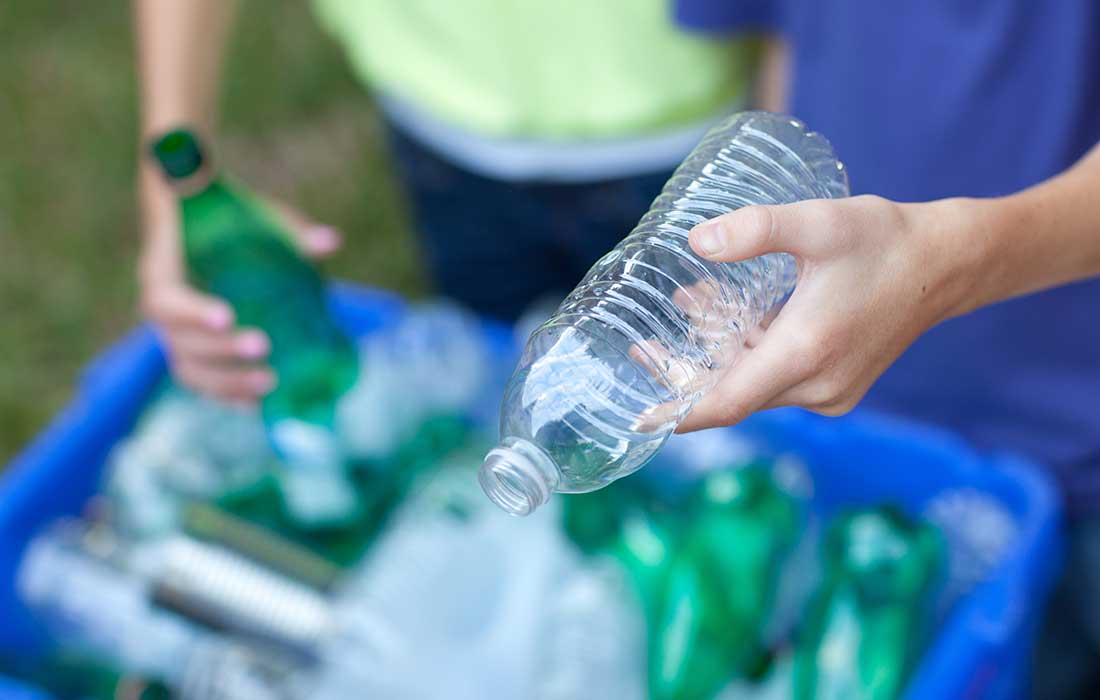
Bottle Return
In addition to the mixed recycling bins on campus, RIT Dining Services operates an on-campus bottle return location to allow students to easily recycle their beverage bottles and receive their 5 cents deposit back.
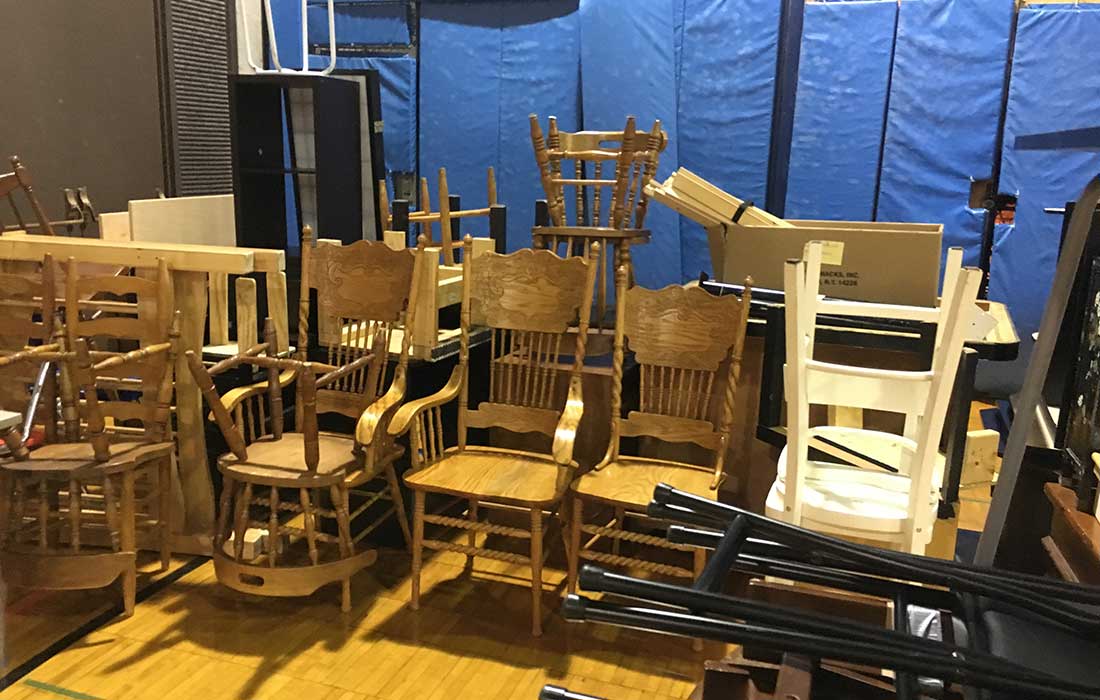
Furniture
Procurement Services offers guidance on what to do with excess or obsolete RIT-owned furniture. Student furniture from apartments and residence halls can be donated to Goodbye, Goodbuy! during spring move out.
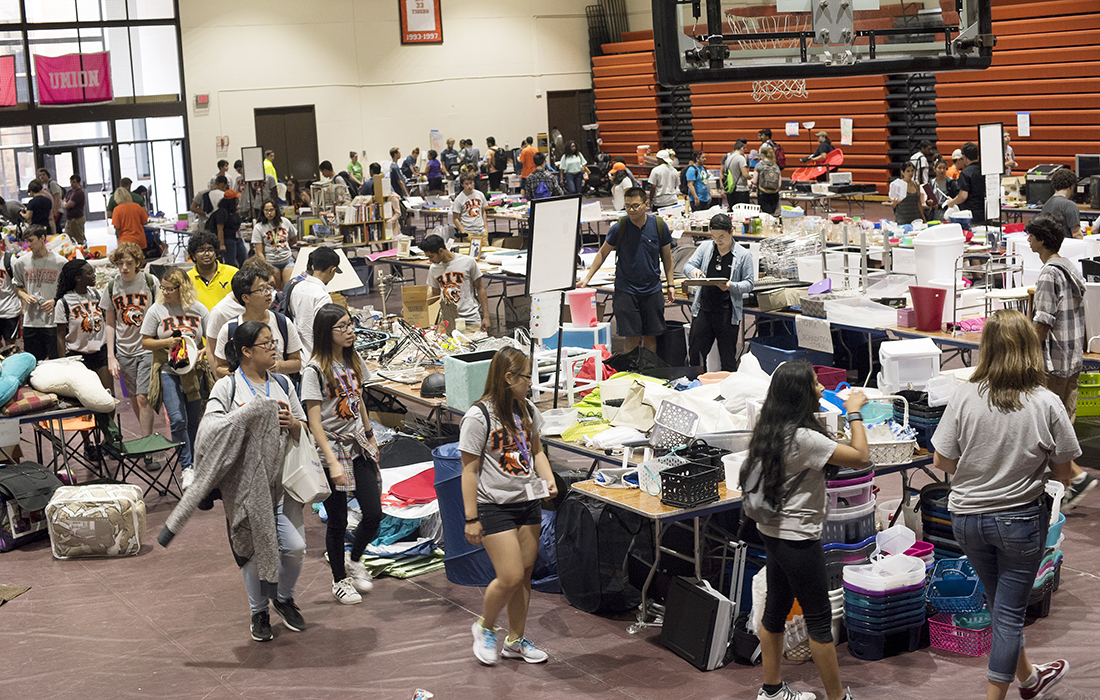
Goodbye, Goodbuy!
Goodbye, Goodbuy! is a student-led reuse program that focuses on usable goods discarded during move out. Every year, hundreds of volunteers help collect, sort, and sell donated items.
Since the beginning of the program, over 100 tons of usable items have been prevented from sitting in landfills.
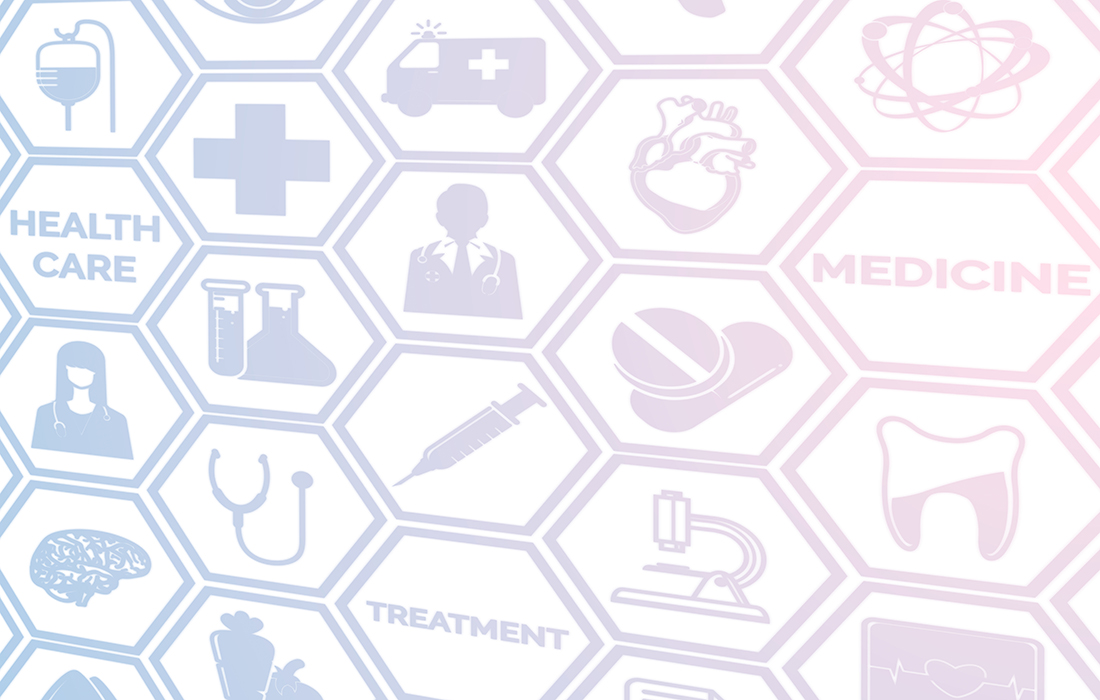
Hazardous waste
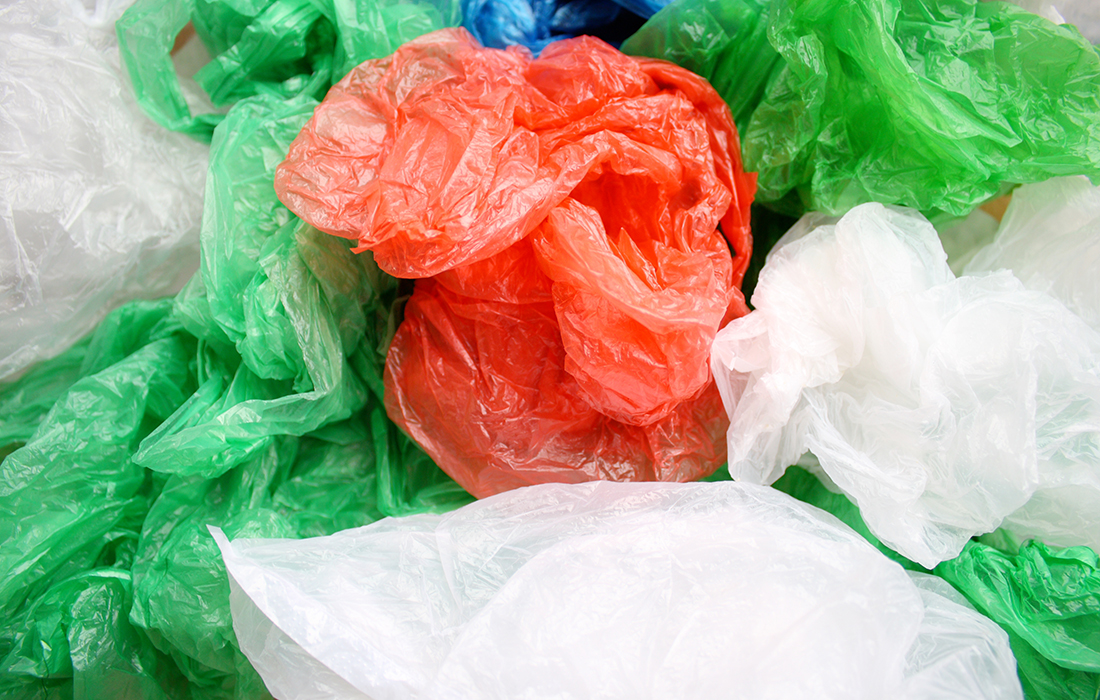
Plastic Bags
Despite the common presence of a recycling symbol on plastic bags, these bags and similar plastic materials like "air pillows" used in packages have to be recycled separately from other recyclables because plastic bags can tangle and jam sorting machines used in recycling sorting facilities. The post office at Global Village is the only place on campus to recycle these items.
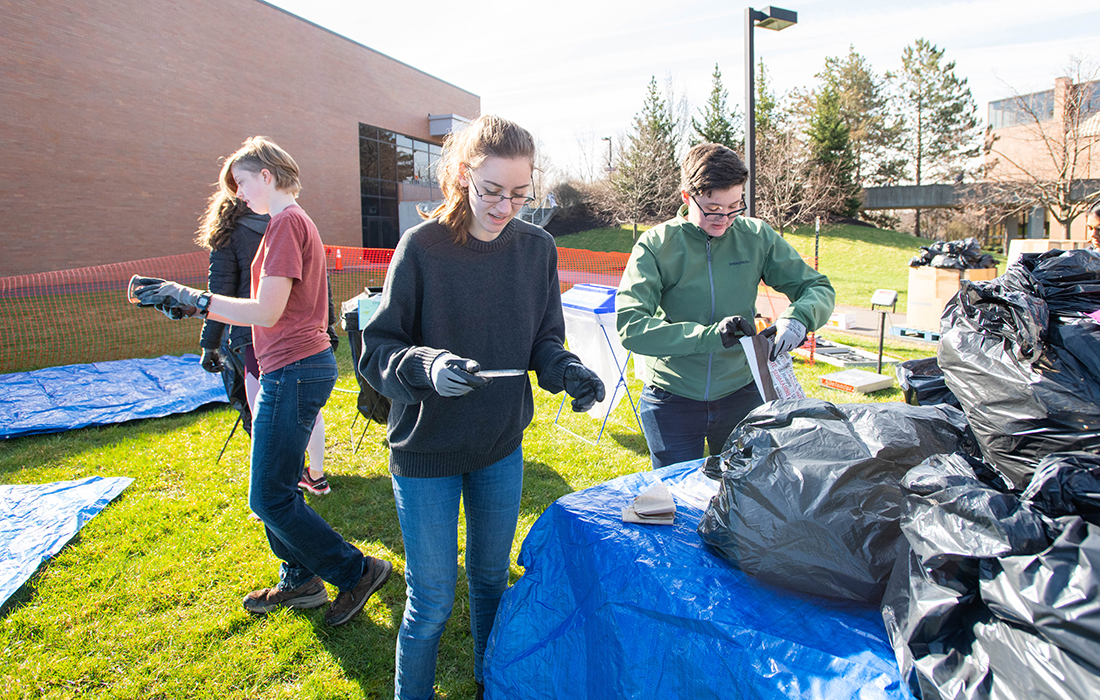
Waste Audits
We can always use more data on the composition of our waste streams! From these audits, the sustainability department can provide recommendations for how to reduce waste sent to the landfill.





